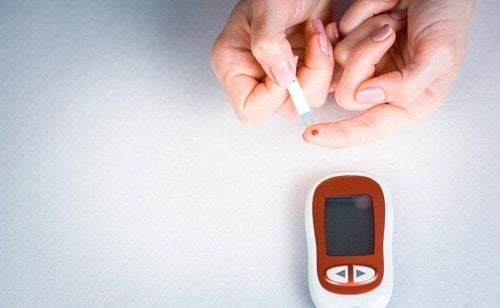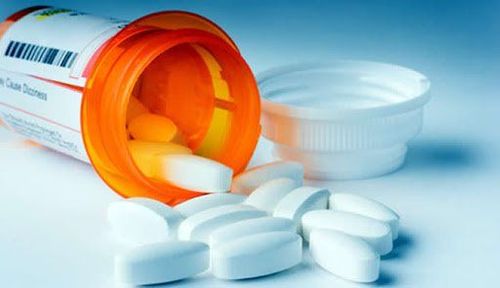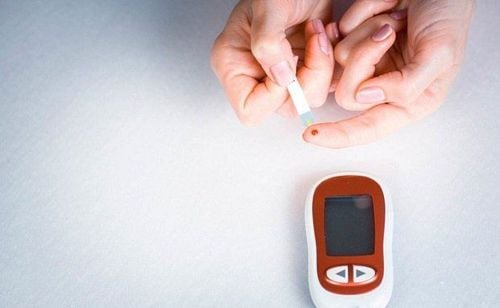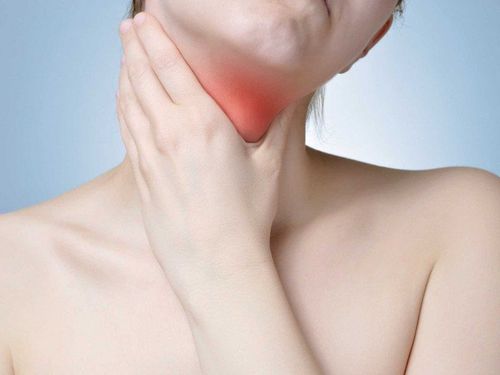This is an automatically translated article.
The article is professionally consulted by Master, Doctor Nguyen Thi Ngoc - General Internal Medicine - Endocrinology - Department of Examination & Internal Medicine - Vinmec Central Park International General Hospital. Doctor has more than 10 years of studying, researching and working in the field of endocrinology.If your parents don't have diabetes, but you have a brother or sister with diabetes, your risk of developing type 1 diabetes is about 5%. This is similar to your father having diabetes.
1. Type 1 diabetes
Type 1 diabetes, also known as juvenile diabetes, is usually diagnosed in children and young adults. This is a chronic disease that occurs when the pancreas is not able to produce enough insulin hormone, which controls blood sugar, causing blood sugar levels to rise.In the family, if both parents have a history of type 1 diabetes, the chance of passing it on to their children is about 30%. If the family has a father with diabetes, the chance of the child having diabetes is about 6%, while the mother only has 4% and 1% when the woman is over 25 years old.
In type 1 diabetes, genes play a role in causing the disease. However, genes are not the sole cause of diabetes, it also depends on diet and lifestyle.
The environment plays a big part in the pathogenesis of disease, including: your parents' genes, where you were born and raised, or the foods you put into your body. In stages your genes are formed, but how does that happen?
2. Genetics and type 1 diabetes

Trong hầu hết các trường hợp, chúng ta sẽ có nguy cơ mắc bệnh tiểu đường từ đến từ cả bố và mẹ
In most cases, we will be at risk of diabetes from both parents.
Some genes are more common in one group of people than in another. That's why race and ethnicity also influence diabetes risk. For example, white people are more likely to develop type 1 diabetes.
But even if you have a gene that makes you more likely to get type 1, it doesn't mean you definitely have diabetes. Even with identical twins - who have the exact same genes - sometimes one has it and the other doesn't. That's where the environment comes into play.
The heritability of type 1 diabetes is as follows:
If a father has type 1 diabetes, his children have a 6% chance of developing diabetes. A mother with type 1 diabetes gives birth to a baby: If the baby is born before the age of 25, the baby's risk is 4%. If a woman gives birth after the age of 25, the baby's risk is 1%, about the same as anyone. A few things can increase the odds of that inheritance:
If one parent had diabetes before the age of 11, the child's risk of developing diabetes doubles. If both parents have type 1 diabetes, the child's risk of developing type 1 diabetes is between 10-25%. If the parents have type 1 diabetes with type 2 autoimmune polyglandular syndrome. In addition to having diabetes, these people have underactive thyroid and adrenal glands, disorders of several other immune systems. If the patient has this syndrome, the child is born with the risk of this syndrome and the risk of type 1 diabetes is 50%. All the numbers can be confusing. Remember that most people with type 1 diabetes have a relative with diabetes.
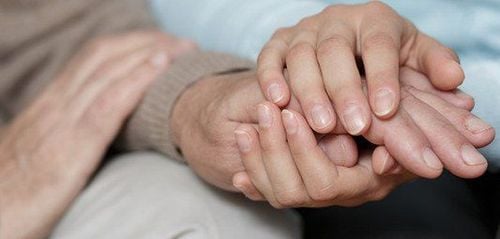
Hầu hết những người mắc bệnh tiểu đường loại 1 đều có người thân bị bệnh tiểu đường
At Vinmec International General Hospital, we always deploy a screening package for diabetes and dyslipidemia to help detect pre-diabetes early, accurately classify diabetes type, develop a nutritional regimen, monitoring to minimize the risk and complications caused by diabetes.
Please dial HOTLINE for more information or register for an appointment HERE. Download MyVinmec app to make appointments faster and to manage your bookings easily.
Article reference source: Webmd.com



